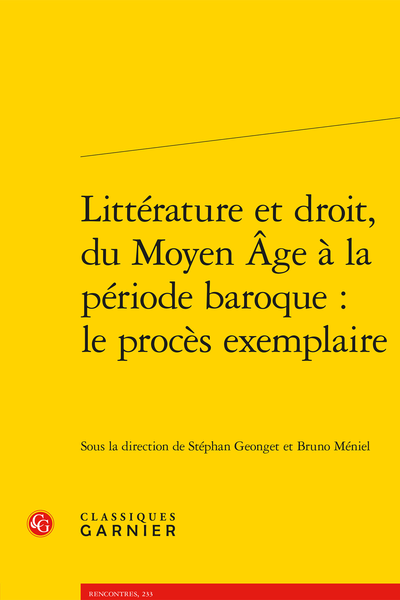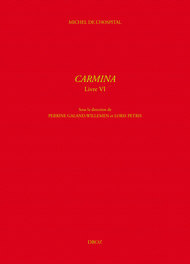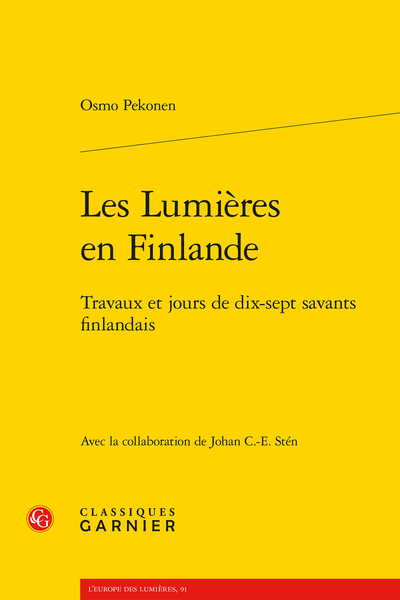Call for Papers
W G Hart Workshop
2025
Regulating the
Global Movement of Care
Institute for Advanced Legal
Studies, London
11-12 June 2025
We invite abstracts (of 250-300 words) for
the 2025 W G Hart Workshop focusing on the role of law in regulating the global
movement of care. Given the historical and contemporary significance of the
issue of the movement of carers, we welcome abstracts that explore the legal
regulation of care (including comparative and international aspects) through
the lens of a variety of disciplines: law, history, anthropology, politics,
sociology, criminology, and creative arts.
The Workshop is organised around four
themes – precarity, advocacy, protection, and kinship networks (see below) –
reflecting the varied facets through which law’s role in regulating the
movement of care can be examined. Care is broadly defined and includes
healthcare, social care, domestic care, as well as unpaid care. Legal
requirements often create precarity by imposing stringent professional
regulatory standards on migrant care workers or permitting the claw back of
visa fees. Law may also be a tool in the hands of carers and individuals and
organisations who support them to battle against exploitation. Legal regulation
may, in some instance, offer protection to migrant care workers. Law, in
particular immigration requirements, can also define relationships between
migrant carers and their broader kinship networks both in their host countries
and in the countries that they come from.
Abstracts should be emailed to adrienne.yong@city.ac.uk and p.saksena@leeds.ac.uk by 5pm on Monday, 6 January 2025. Please
also include a brief biography of the speaker in the submission. Further
details on the workshop themes are included below.
Academic Directors:
Dr Adrienne Yong (City St George’s,
University of London)
Dr Priyasha Saksena (University of Leeds)
Dr Amanda Spalding (University of Leeds)
Dr Amrita Limbu (University of Leeds)
Professor Marie-Andrée Jacob (University
of Leeds)
Keynotes:
Professor Eram Alam (Harvard University)
Professor Majella Kilkey (University of Sheffield)
Plenaries:
A lived experiences panel featuring care
workers and supporting organisations and individuals
A creative arts panel featuring Dr Ella Parry-Davies
(King’s College London) and collaborators in research on performance as method
with migrant domestic workers
Travel and Accommodation Bursaries:
The W G Hart Workshop supports and
encourages the participation of ECRs (within 5 years of PhD) and PhD students.
If you require support for travel and accommodation to attend the workshop,
please provide an indication of this when you submit your abstract with
confirmation (e.g., by a statement on letterhead from your Head of School) that
you either do not have access to other sources of funding or any funding you
have is likely to be insufficient.
Workshop Themes:
Theme 1: Precarity
Precarity is present throughout many
aspects of the global movement of carers. Institutionally, migration itself is
a process filled with uncertainty – migrants, employers, and lawyers have all
reflected on the various uncertainties of applying to migrate or sponsor
migration. For individuals, the very nature and structure of this form of
migration – which generally operates through sponsorship arrangements where
their residence is tied to their employer – leaves them very vulnerable to
precarious working conditions. This insecurity may be created or exacerbated by
both legal and illegal practices such as “debt bondage”, repayment fees or
misleading promises. Beyond the working and living conditions, care
professionals (including healthcare professionals) are regularly confronted
with the precarity of their professional identity. Moreover, the very use of
migration to plug gaps in local care work shortages creates a different kind of
precarity – the uncertainty of the system in the long run: whether it is a sustainable
approach, whether the immigration policies will remain in the long-run, and
especially what recruitment means for care work performed in sending countries.
All the above issues may also intersect with various other characteristics such
as race, class, and gender to further entrench insecurity and create new forms
of it. Under this theme, we seek to examine the various forms of precarity
created or exacerbated by the global movement of care to identify areas for
improvement or regulation as well as to better understand the lived experience
of those who participate in this system.
Theme 2: Advocacy
The global movement of care has become a
field stimulating relationships between the state, various charities, and other
bodies at the local, national, and international level. Networks of
stakeholders organise themselves around the goals of resolving the crisis of
care and workforce shortages via the NHS, associated charities, and private
agencies. The World Health Organisation calls upon states to follow its code of
practice on ethical international recruitment to avoid depleting sending
countries of their healthcare workforce, and recommends the examination of
fairness, efficiency, and transparency of governance safeguards, including
those related to the oversight of the management of health and social care
workforce. Despite this flurry of organisational activities and ample media
attention, the experiences of carers themselves and those advocate on their
behalf remain too often ignored. Under the theme of advocacy, we pay attention
to various ways with which social movements, activism and lobbying are central
to the ecology of global movement of carers. From the #lifttheban campaign to
give people seeking asylum the right to work, to journalists documenting modern
slavery within international recruitment, to professional associations
supporting healthcare professionals from specific community or country of
origin to court litigation, and to more localised informal mechanisms, we wish
to examine the various forms and normative directions “advocacy” can take in
this field.
Theme 3: Protection
Legal protection underlies the regulation
of the movement of carers globally through international and domestic law and
policies. There are various intersecting legal provisions that apply to a carer
moving across borders, including external migration policies and domestic
immigration laws, as well as the protection that these carers are offered
before, during and after their moves in their new host territories. The
perception of migrants and their journeys across borders have become so
polarised that policies attributed to curbing protections are now frequently
employed by politicians to gain political favour. This can arguably undermine
any real urgent protection that migrants might find themselves in need of. As a
large proportion of moving migrant carers in the health and social care sectors
often do so with the intention of filling a need in the host territory’s
economy, these sectors come under increasing scrutiny in terms of regulation.
However, as regulation does not always translate to protection, under this
theme, we seek to examine the regimes of protection that are available to
migrant carers moving across borders, legal or otherwise, to critically assess
the level, extent, and effectiveness of any protection offered, and to evaluate
any differentiation that may arise within the legal framework itself. It is
importantly not limited simply to legal frameworks of protection, as there is
also an understanding that underlying cultural and societal factors also impact
on the extent of protection offered and received by carers.
Theme 4: Kinship Networks
In the global movement of care,
immigration regimes have primarily focused on the flow of “labour”, largely
overlooking the significance of familial considerations. Despite repeated
policy adjustments aimed at addressing the shortage of care with foreign
workers, care and wellbeing of migrants or their families – whether back home
or accompanied – has seldom received attention of policymakers. In fact, family
migration, often the privilege of migrants to the West, is now garnering
attention from policymakers as a privilege requiring reconsideration or
reduction. Raising the minimum income requirements for bringing dependants or
imposing restrictions on bringing dependants are commonly adopted measures by
migration regimes to control and manage migration. Under this theme, we pay
attention to various issues and aspects of family and kinship within the global
movement of carers, exploring the implications of regulation on migrants and
their families.
More information here.
















